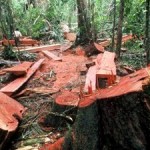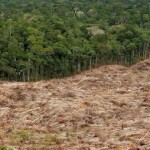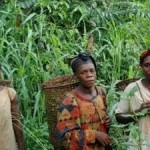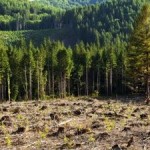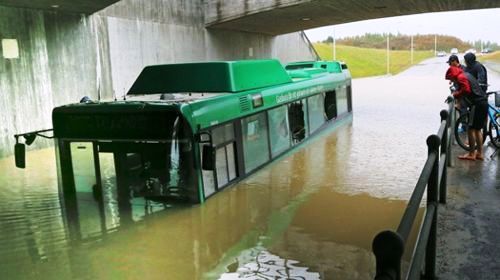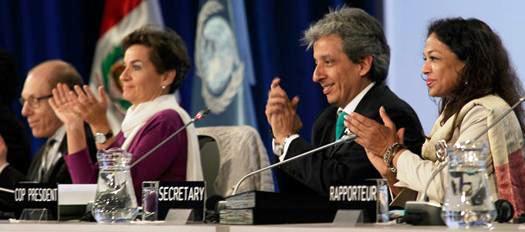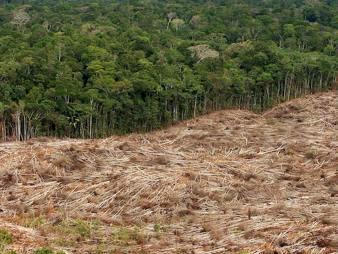
Amsterdam – National laws will continue to be broken, forested areas illegally destroyed, and communities will go on suffering in the Democratic Republic of Congo and beyond if the European Union’s Timber Regulation (EUTR) is not fully enforced, says Greenpeace International.
The warning comes exactly a year after the legislation came into force, prohibiting illegally harvested timber (and timber products) from being traded on the European market – part of worldwide efforts to stop deforestation.
But a number of high profile cases of illegal wood from companies in the DRC – some with links to human rights violations – entering the EU have been exposed by Greenpeace and its partners during the last 12 months, exemplifying the issues facing the EUTR and demonstrating there is still much work to do to ensure proper enforcement.
“The European Union Timber Regulation was a welcome new legislation last March, but the first year of its mandate has demonstrated that governments and competent authorities really have to step up and ensure that proper enforcement of the law is possible,” says Danielle Van Oijen, a forest campaigner with Greenpeace Netherlands.
A batch of Afromosia (a CITES-listed species) timber was placed on the EU market despite authorities in the DRC being unable to prove the legality of the wood on three separate occasions.
Elsewhere Greenpeace International revealed how a shipment of illegally felled, endangered Wengé wood ended up in the Czech Republic, despite the legality of the timber already having been called into doubt by Belgian authorities while it was previously being held in the port of Antwerp. It has yet to be confiscated.
Separate logs from the same batch ended up in two German facilities before they were declared illegal and seized by authorities. This is a positive step and a warning to companies in countries such as the DRC, where corruption is rife and good forest governance scarce – but much more is needed.
More recently, in January, Greenpeace France filed complaints under the EUTR after exposing a batch of suspected illegal timber in the port of Caen from the company Sicobois. Findings published on March 3 from field research by Greenpeace Africa show the company not only logs illegally but is directly and repeatedly linked to violent social conflict in its logging concessions in the province of Equateur.
“The logging sector in Democratic republic of Congo is in a state of organized chaos and only by efficiently cutting off the EU as a destination for its illegal wood, can we begin to protect the country’s vast tracts of forest and the communities who depend on it,” says Raoul Monsembula, country director for the Democratic Republic of Congo with Greenpeace Africa.
The DRC is just one of a number of countries in the Congo Basin, in Africa and beyond where weak forest governance and wide-spread corruption allow the proliferation of wide-spread illegal logging that leads to forest destruction and social discord.
Companies in Europe must comply with the law and take illegal timber out of their supply chain. Governments in Europe must make enforcement a priority and significantly increase resources. Likewise, authorities in the DRC and other countries where illegal logging is wide-spread must clamp down on those who break national laws.
If regulations such as the EUTR are enforced effectively, then this will cut off a possible destination for companies dealing in illegal timber from countries such as the DRC. If not, it is the forested areas and local communities who stand to lose out. Interpol estimates that illegal logging accounts for 50 to 90 percent of the volume of all forestry in key producer tropical countries.
Click here to read Greenpeace’s Report titled “Cut it Out: How Illegal Logging in DRC Threatens Livelihoods, Forests and Trade”.
Click here to read Greenpeace’s Report titled “Crime File: Sicobois – Social Conflict and Illegal Logging in the DRC”.
Source: Greenpeace.

